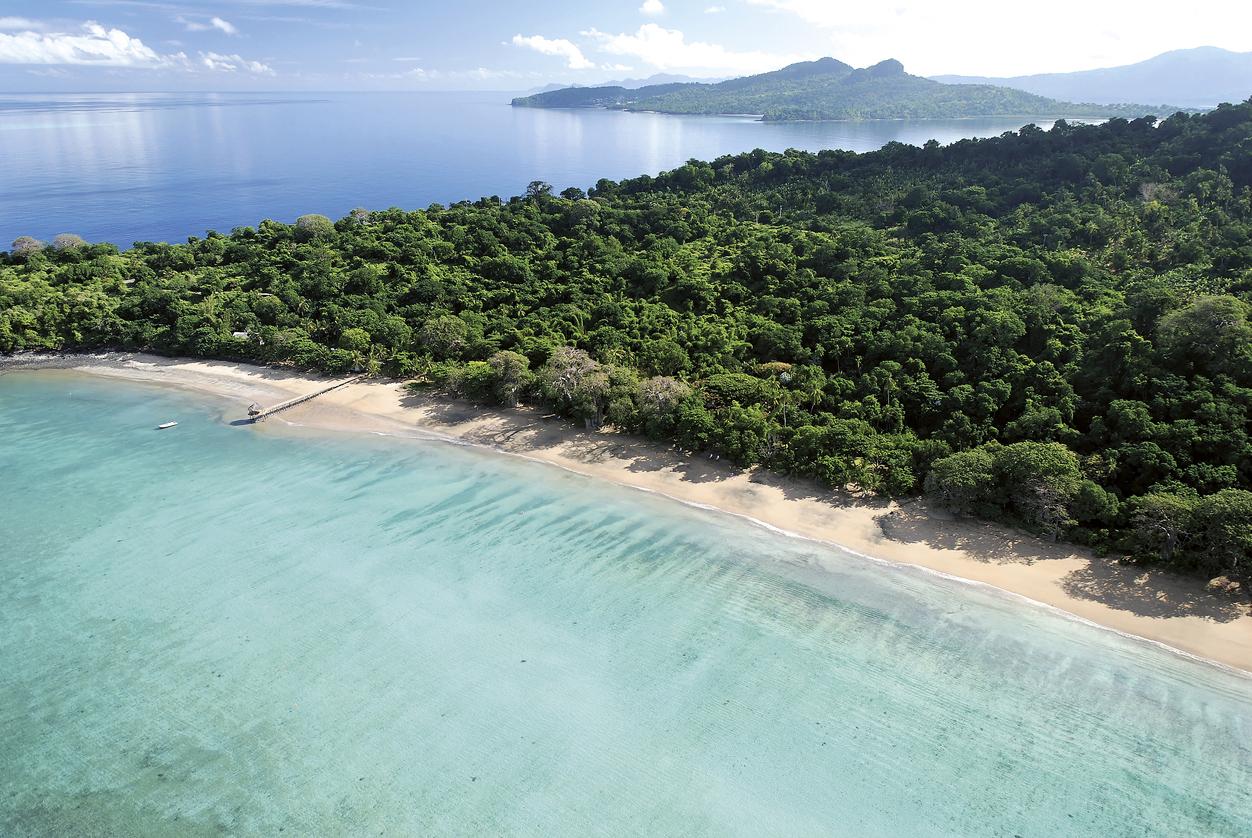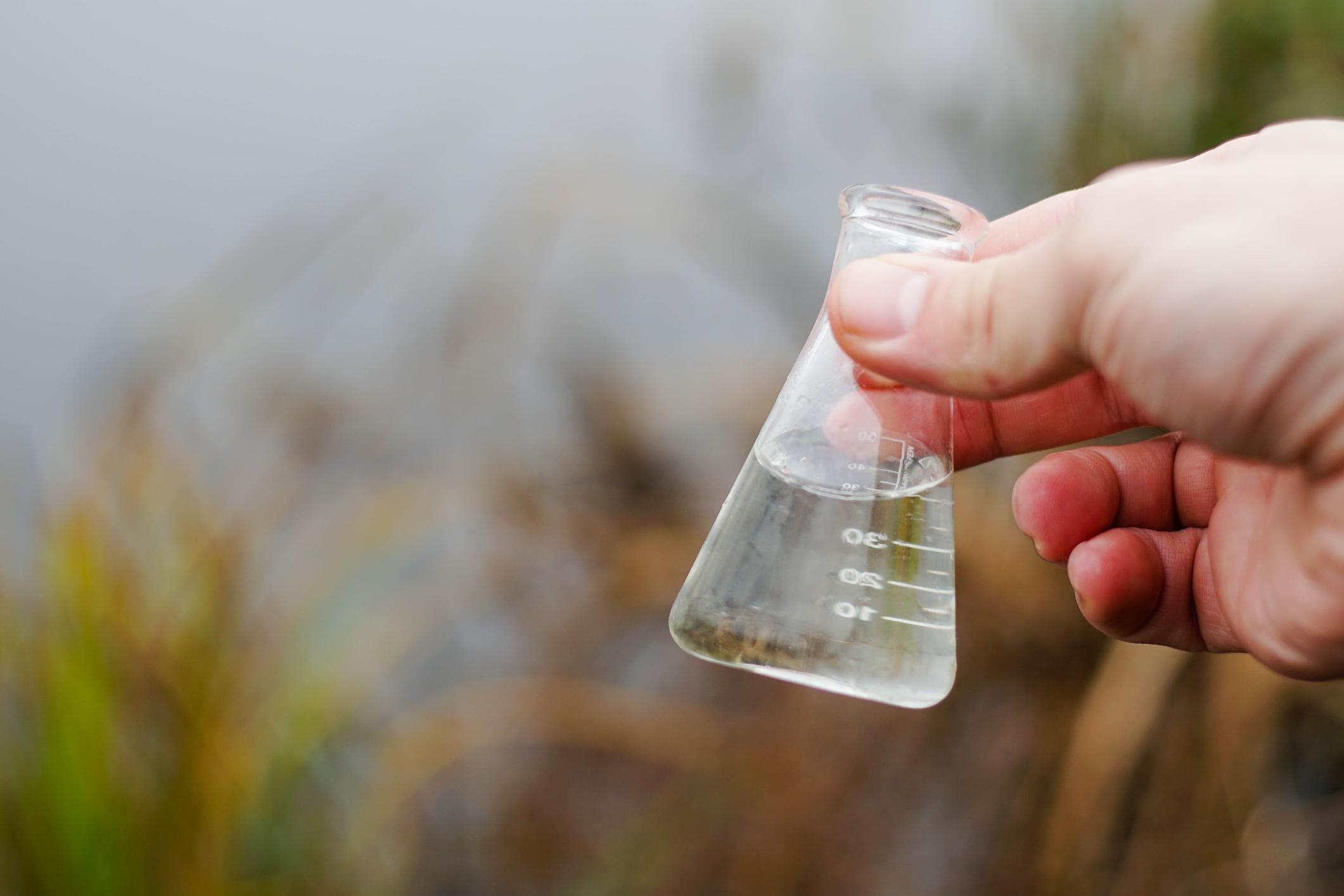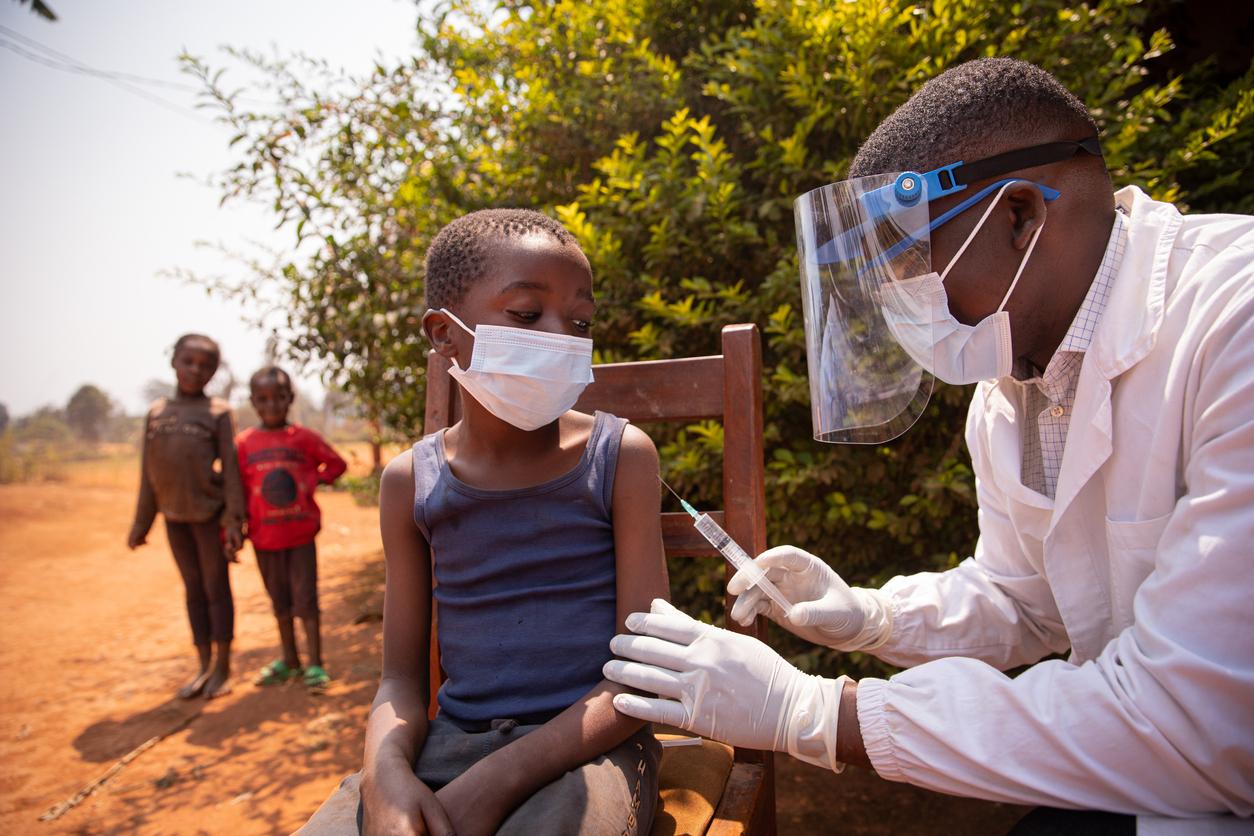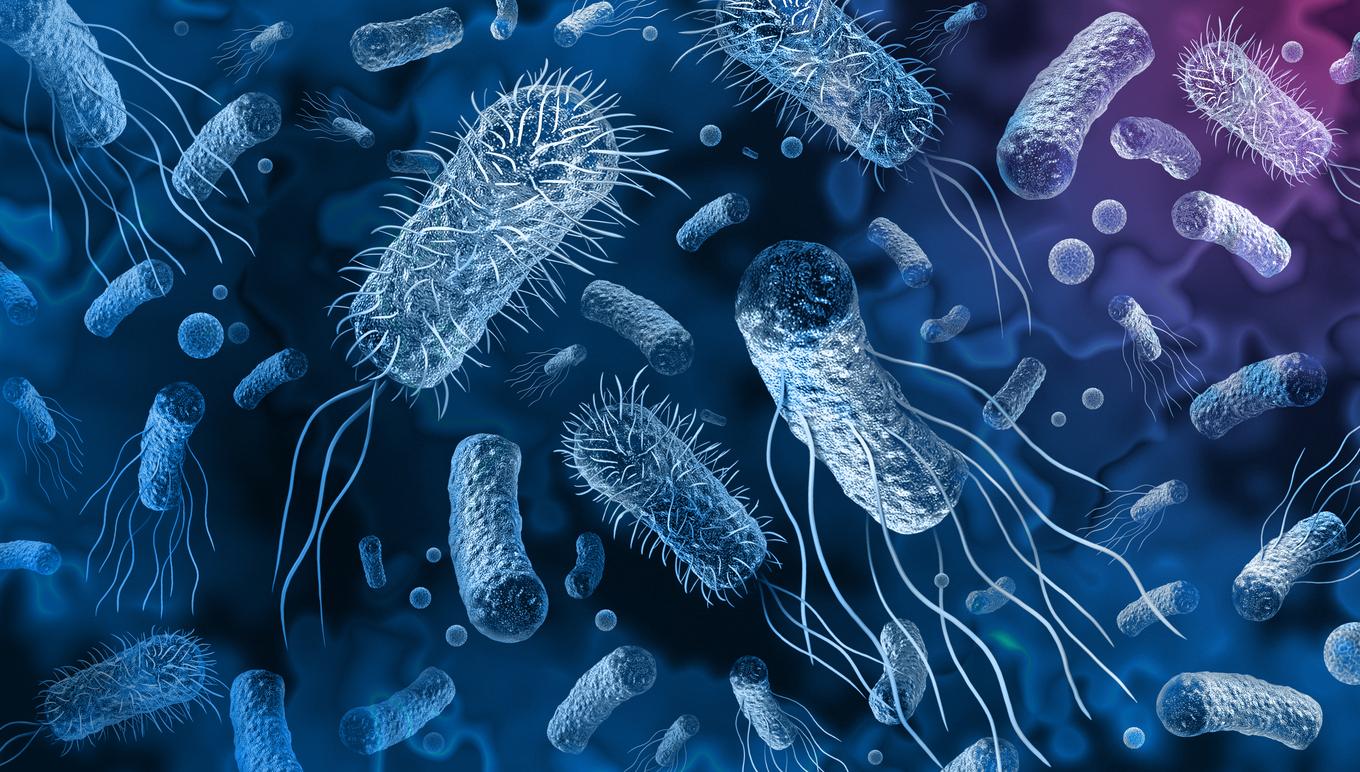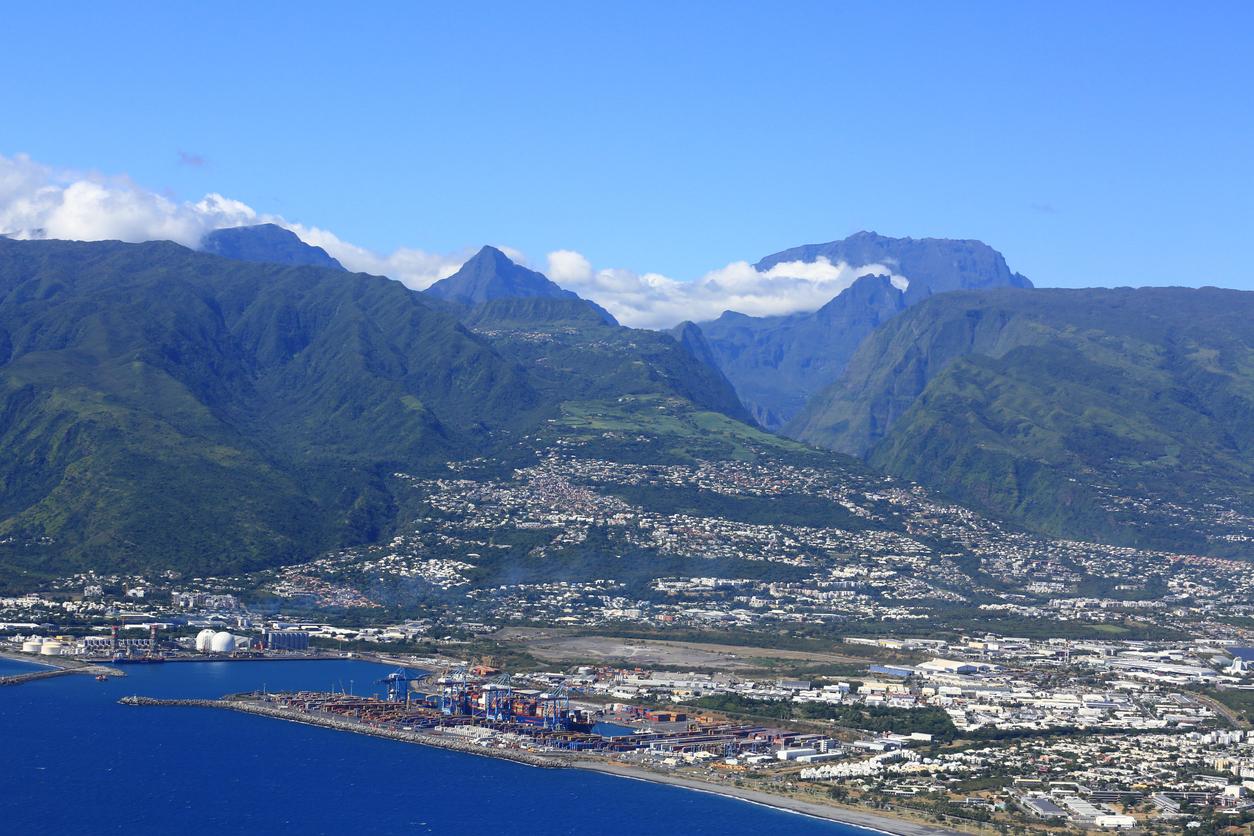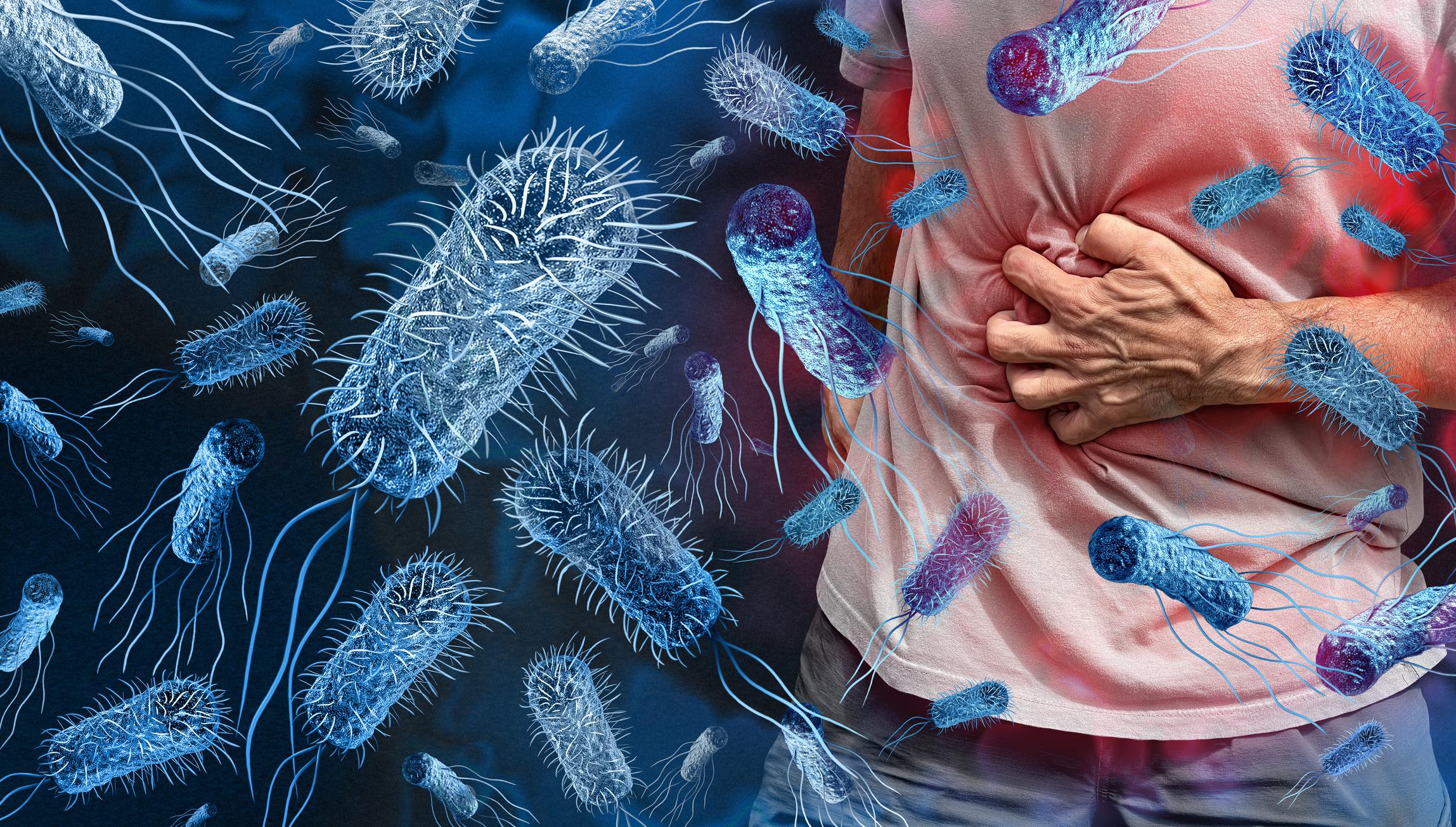After being missing since 2011, cholera reappeared in the Central African Republic. Since the epidemic was formalized on August 10, the country has already totaled 16 fatal victims. 66 cases, including seven involving children, have been recorded along the Oubangui River, informs Unicef, the United Nations Children’s Fund in a press release. Children, especially those under five, are the most vulnerable populations to this acute diarrheal disease caused by ingestion of food or water contaminated with Vibrio cholera bacteria.
In the case of the Central African Republic, the resurgence of the disease has been identified. While the lack of access to drinking water forces people to get their water from the Oubangui River, it has been contaminated by a bacterium brought by travelers aboard overcrowded boats.
“We must act as quickly as possible to prevent the disease from spreading and causing more victims. Cholera is a disease that is easily preventable”, reacted Mohammed Malick Fall, UNICEF Representative in the Central African Republic.
Purify water and raise awareness of hygiene rules to counter cholera
In the field, the work of health authorities and NGOs such as UNICEF is to inform the population of basic hygiene rules to avoid contamination. Among the prevention rules explained to the population: drink only treated water, wash hands with soap, eat only well-cooked food and avoid open defecation.
Proper handwashing with soap & clean water goes a long way in preventing diseases such as Cholera @unicefssudanpic.twitter.com/vdv0MWJXtG
— UNICEF (@UNICEF) August 16, 2016
While sanitation and water supply are the main measures to prevent the spread of cholera, Unicef is working to distribute medicines, drinking water, products for purify water. Sanitary facilities will also be put in place to help the affected populations.
Read also: Soon the return of cholera in Europe?
Cholera: researchers unravel the mystery of the disease
An oral vaccine would be effective against cholera









